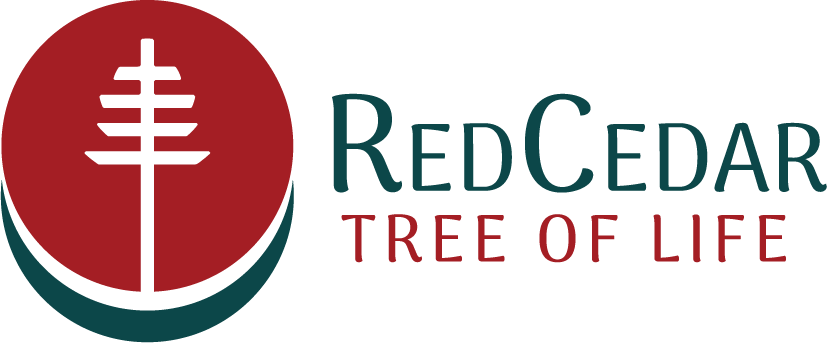Navigating the final stages of life can be daunting, filled with complex decisions about care, comfort, and legacy. However, the essence of end-of-life planning lies in empowerment through advocacy, a principle deeply ingrained in the mission of RedCedar Tree of Life, founded by Michelle Kotowski. Michelle’s journey through the realms of end-of-life care, influenced by personal experiences and professional insights, highlights the transformative power of informed decision-making and advocacy.
Understanding the Power of Advocacy
Advocacy in end-of-life planning means standing up for your wishes and ensuring they are respected and implemented. It involves being vocal about your care preferences, from the medical interventions you wish to receive (or avoid) to the details of your final farewell. As Michelle Kotowski shares, being an advocate—or having one—can significantly impact the quality of care and the fulfillment of final wishes. It’s about navigating healthcare systems, understanding rights, and making choices that align with personal values and beliefs.
The Role of Education and Conversation
A key aspect of advocacy is education—both educating oneself on the options and legal rights involved in end-of-life care and educating others about your wishes. Michelle stresses the importance of conversations with family members and healthcare providers to ensure everyone is on the same page. These discussions can be facilitated by tools such as advance directives and living wills, which serve as clear indicators of one’s wishes. By opening the lines of communication, individuals can empower themselves and their loved ones to make informed decisions when the time comes.
Navigating Healthcare Systems
One of the greatest challenges in end-of-life planning is navigating the complexities of healthcare systems. This is where advocacy becomes crucial. Michelle Kotowski’s experiences underscore the importance of being proactive and persistent in seeking the care and accommodations needed for a dignified end of life. Whether it’s ensuring access to hospice care, negotiating pain management, or planning for home care, being an informed and assertive advocate can make all the difference.
Empowerment Through Personalization
At the heart of RedCedar Tree of Life’s philosophy is the belief that end-of-life care should be as unique as the individual it serves. Michelle advocates for personalized care plans that reflect each person’s unique life, values, and preferences. From choosing eco-friendly burial options to planning a farewell that celebrates life, the emphasis is on creating a final chapter that is both meaningful and reflective of the individual’s wishes.
Conclusion
End-of-life planning is not just about making decisions for the final days; it’s about living life on your own terms until the very end. It’s a process that requires courage, education, and advocacy. Through RedCedar Tree of Life, Michelle Kotowski seeks to empower individuals and families to embrace this process, armed with knowledge and supported by advocacy. By doing so, we can all hope to approach the end of life not with trepidation, but with a sense of peace, dignity, and empowerment.
